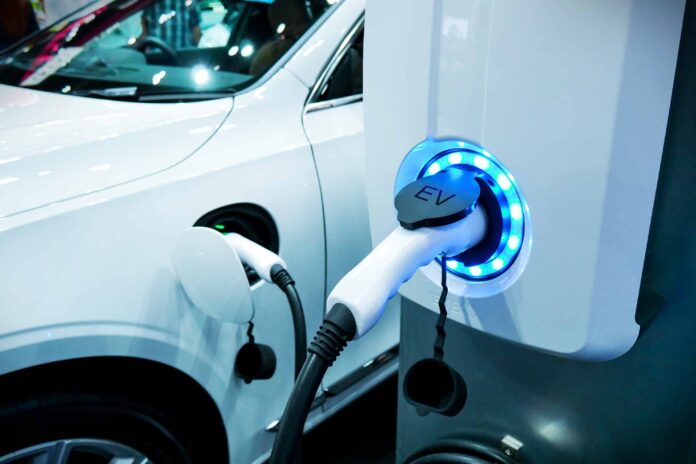As the world transitions towards a more sustainable future, electric vehicles (EVs) have emerged as a pivotal player in reducing carbon emissions and mitigating the impact of climate change. One of the critical aspects of widespread EV adoption is the infrastructure supporting it, with electric car charging being a key focus. In this article, we delve into the future of electric car charge, exploring the emerging technologies and trends that are set to revolutionize the way we charge our electric vehicles.
Fast Charging Revolution
A paramount evolution within the electric car charging domain is the noteworthy trend marked by the swift development of fast charging technologies. Historically, the process of this an electric vehicle was characterized by a substantial time investment, leading to the prevalent issue of “range anxiety” among users.
However, the contemporary landscape is witnessing a transformative shift, with continuous strides in fast charging technologies effectively mitigating this concern. Renowned entities such as Tesla, alongside other industry players, are at the forefront of pushing the boundaries of charge speed. The outcomes of these advancements are particularly promising, with certain technologies poised to deliver a substantial charge in mere minutes.
This pivotal transformation holds immense significance for the universal adoption of electric vehicles, mirroring the convenience traditionally associated with refueling practices for gasoline-powered vehicles.
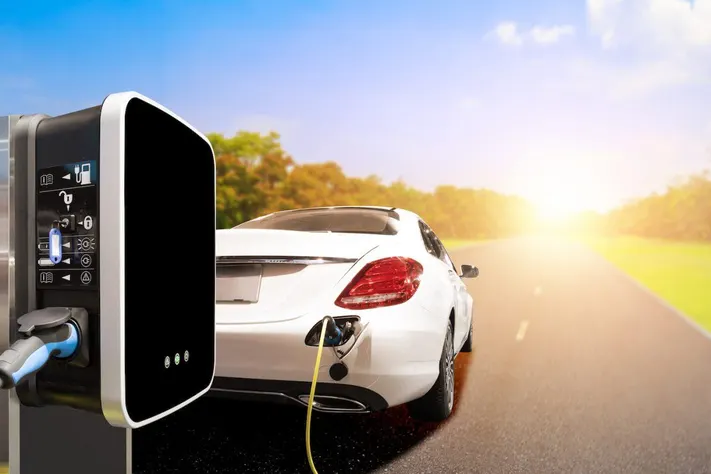
Wireless Charging
The concept of wireless charge is gaining traction in the electric car industry. This technology eliminates the need for physical cables, providing a seamless and convenient charging experience. Imagine parking your car and having it charge automatically without any plugging in. Several companies are investing heavily in wireless charging infrastructure, making it a promising trend for the future. This technology not only enhances user convenience but also contributes to the aesthetics of urban environments by reducing the need for visible charging stations.
Vehicle-to-Grid (V2G) Integration
The future of electric car charging extends beyond merely refueling the vehicle. Vehicle-to-Grid (V2G) technology is an emerging trend that enables bidirectional energy flow between electric vehicles and the power grid. This means that EVs can not only draw power from the grid but also feed excess energy back into it when needed. V2G integration has the potential to create a more resilient and responsive energy grid while offering EV owners opportunities to monetize their vehicle’s stored energy during peak demand periods.
Energy Storage Solutions
It is not just about delivering energy to the vehicle but also about managing energy demand on the grid. Energy storage solutions, such as advanced batteries integrated into charging stations, play a crucial role in optimizing energy distribution. These storage systems can store excess energy during periods of low demand and release it during peak times, contributing to grid stability and reducing strain on power infrastructure.
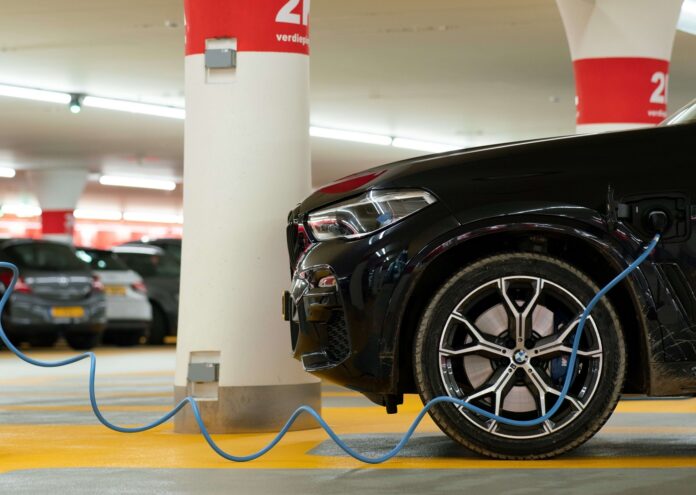
AI-Powered Charging Optimization
Artificial Intelligence (AI) algorithms can analyze user behavior, grid demand patterns, and energy prices to predict optimal-charging times and rates. This not only maximizes its efficiency but also minimizes costs for users. Moreover, AI can enable predictive maintenance for charging stations, identifying and addressing potential issues before they impact the reliability of the infrastructure. As AI technology continues to evolve, its application in electric car charging is expected to result in more intelligent, adaptive, and user-friendly experiences.
Solar Integration
As the world seeks cleaner energy sources, solar-powered charging stations are becoming more prevalent, harnessing the abundant energy from the sun to charge electric vehicles. This trend aligns with the broader goal of creating a more sustainable and eco-friendly transportation system.
Standardization and Interoperability
Standardization of charging protocols and increased interoperability between different networks are essential for the seamless integration of electric vehicles into our daily lives. Industry-wide efforts to establish common standards, such as the Combined Charging System (CCS) and CHAdeMO, ensure that electric car owners can charge their vehicles at any compatible station, promoting convenience and accessibility.
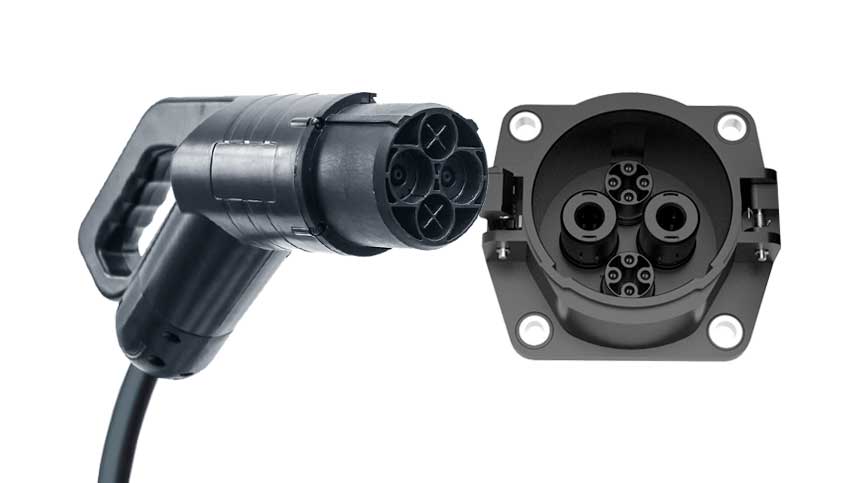
Community-Based Charging Networks
A unique trend emerging in the electric car charging landscape is the development of community-based networks. These networks leverage shared resources within communities, such as residential solar installations and collectively owned charging stations. This approach fosters a sense of community engagement and self-sustainability, encouraging local residents to invest in and contribute to the development of EV infrastructure. Community-based charging networks can be particularly beneficial in areas where public infrastructure is limited, providing a decentralized and inclusive approach to electric vehicle adoption.
Electric Vehicle Charging Station Installation
Selecting the right partner for the installation of an Electric Vehicle (EV) station is a critical decision that can significantly impact the efficiency and effectiveness of the charging infrastructure, whether for residential or commercial purposes. In this regard, EV Support distinguishes itself as the optimal choice for those seeking a seamless and expertly managed installation process. Possessing a commendable track record of expertise, EV Support offers customized solutions tailored to meet the distinctive needs of each customer.
The team of seasoned professionals possesses the knowledge and experience to navigate the complexities of the installation process, taking into account essential factors such as energy consumption patterns, specific location requirements, and considerations for future scalability. By engaging with EV Support, individuals and businesses gain access to a comprehensive suite of services that spans from initial consultation and thorough site assessment to the final implementation stages.
This approach ensures that the charging infrastructure not only meets but exceeds industry standards, providing a reliable and future-proof solution. The commitment to delivering end-to-end support sets the company apart, guaranteeing a seamless transition to electric mobility while contributing significantly to a more sustainable and eco-friendly future.
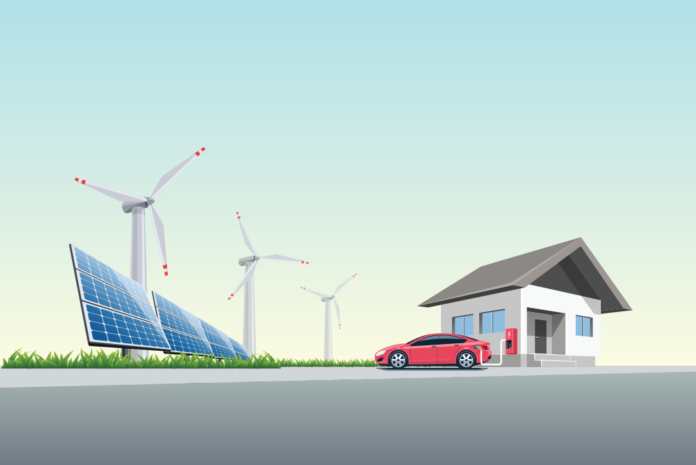
Conclusion
The amalgamation of high-speed charging networks, wireless technology, V2G integration, smart charging systems, renewable energy integration, community engagement, innovation in battery technology, government incentives, cybersecurity, and global collaboration collectively are all contributing to the evolution of electric vehicle charging.
As these trends continue to develop, the transition to electric transportation becomes not just a viable option but a compelling and sustainable choice for the masses. With ongoing advancements, the future holds the promise of a cleaner, greener, and more efficient transportation ecosystem powered by electric vehicles and their cutting-edge charging technologies.

